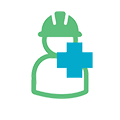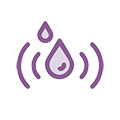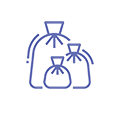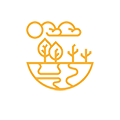As part of F&N’s commitment to sustainability, F&N Group had set some ambitious sustainability performance targets in 2017 to be achieved by 2020, based on the high priority material issues identified.
This year, we have evaluated our performance against the 2020 Sustainability Targets and we have achieved our targets relating to the following material issues: Innovation, Talent Management, Creating Value for Society, Effluents & Waste, and Sustainable Sourcing.
Some areas require further effort and adaptation due to the COVID-19 circumstances, strategic decisions and operational changes and these include: Water Stewardship, Energy & Climate Change, Consumer Health & Safety, and Occupational Health & Safety. Key contributing factors supporting our performance milestones and gaps are elaborated in the respective chapters of the Sustainability Report.
A robust materiality assessment and stakeholder engagement were conducted this year. From there, we have set medium and long-term sustainability targets, especially for ‘high’ materiality issues. The latest materiality assessment and the 2025 sustainability targets will be reflected in next year’s Sustainability Report. These 2025 goals will drive F&N Group’s sustainability performance throughout our business and strengthen our commitment to creating long-term value for our stakeholders.









